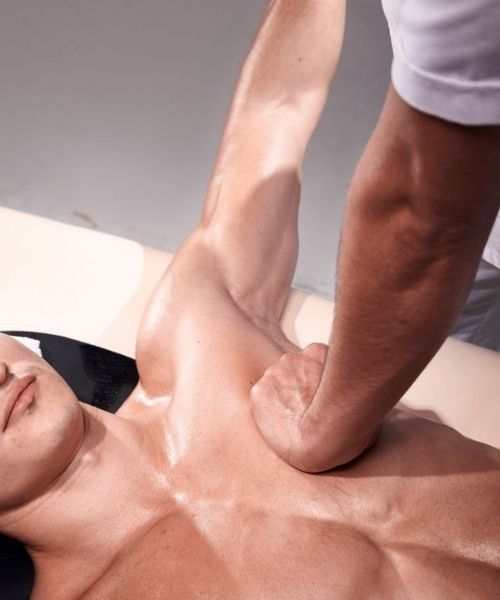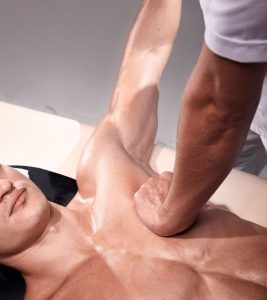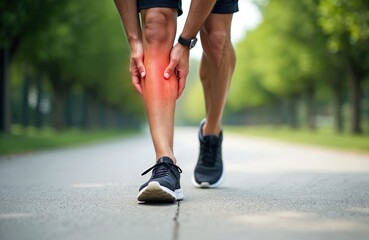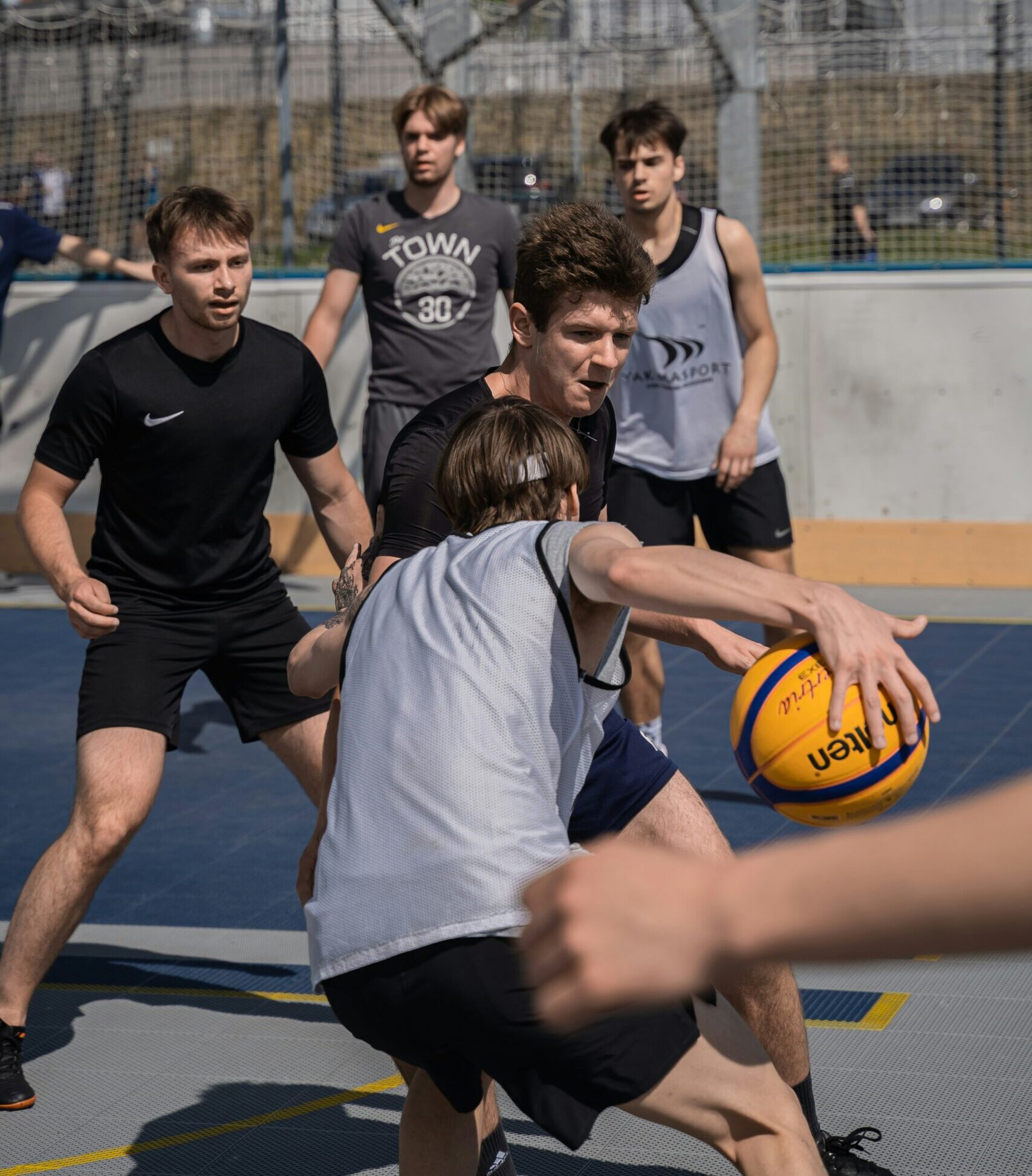
The Myth of Shoulder Impingement
The use of the term shoulder impingement implies that something in your shoulder is “pinching” on another structure as you raise your arm to a certain height. This term can create fear among patients and lead to movement avoidance strategies. As physios, our goal is to promote movement and reduce fear from our patients minds. Evidence has come to light that there isn’t actually any impingement that occurs in the shoulder as you raise your arm. This has called for a change in the name of this injury.
What is “shoulder impingement”?
The term was first used when patients would have pain through their shoulder from 90-120 degrees of abduction. This led clinicians to believe that there was impingement occurring through the sub acromial space in the shoulder at this point. Many people questioned what the cause actually was. Surgeons found bony spurs at the acromion and attributed this to pain, others reported thicker tendons and conditions which narrowed the sub acromial space such as smoking and diabetes.
Why is it a myth?
The fact is, all of the above mentioned conditions played a role in pain through this range of motion. However, when patients with “impingement” were put through an MRI and performed the painful shoulder movements, they discovered that nothing was actually pinching in the sub acromial space. There was no contract between surfaces in the 90-120 degree range at all. In fact, the only between surface contact occurred at just 60 degrees of shoulder abduction. Now this movement wasn’t painful in any of the subjects.
So what causes this pain then?
Since there isn’t any impingement occurring at the painful site, what is causing the pain? Well it’s most likely a tendinopathy of one of the rotator cuff muscles. This has lead clinicians to now use the term Rotator Cuff Related Shoulder Pain (RCRSP) or just rotator cuff tendinopathy. Treatment for this conditions involves education, and a graded shoulder strengthening plan.
If you have RCRSP or want a shoulder strengthening plan, call our knowledgable exercise physiologists on 07 3352 5116 or book online with Pivotal Motion Physiotherapy Brisbane today!







